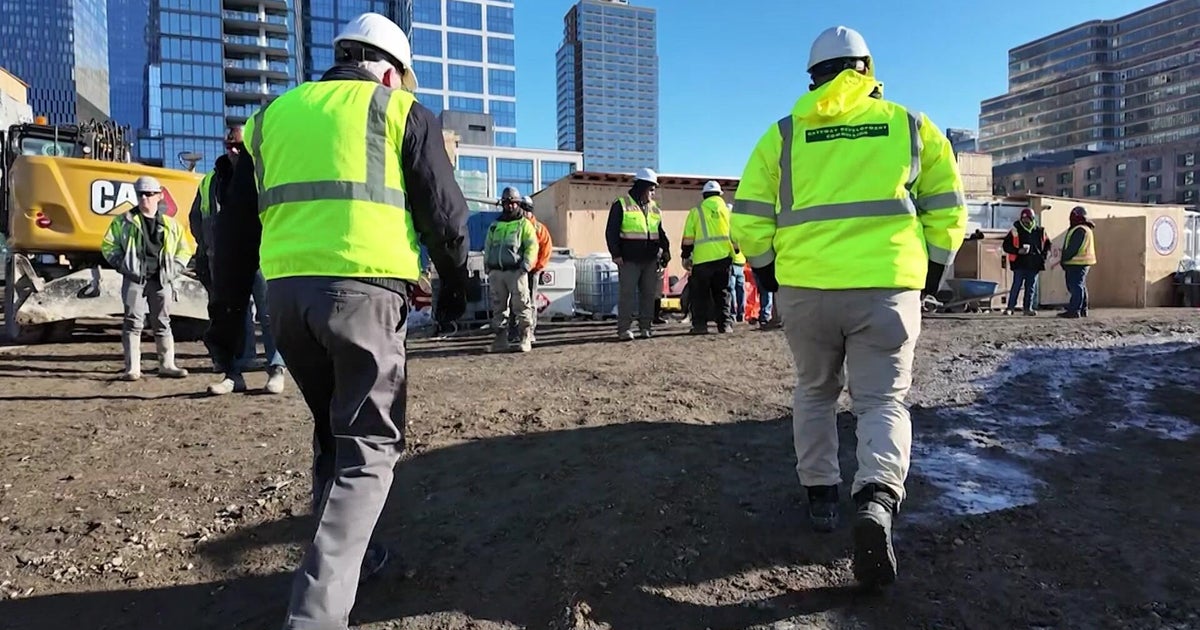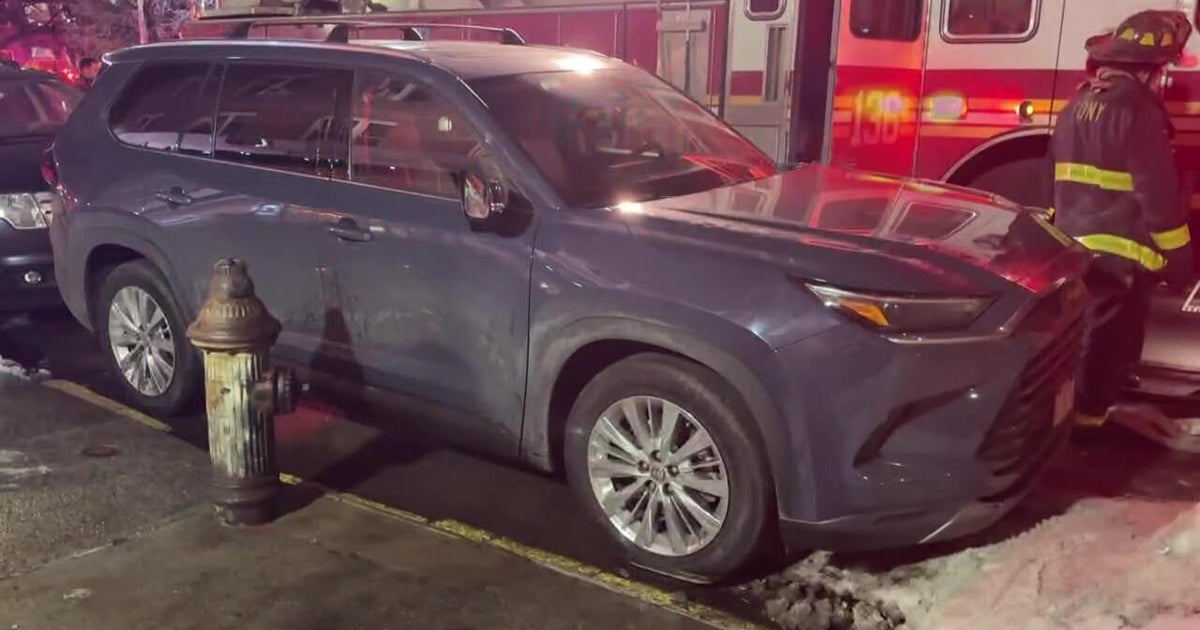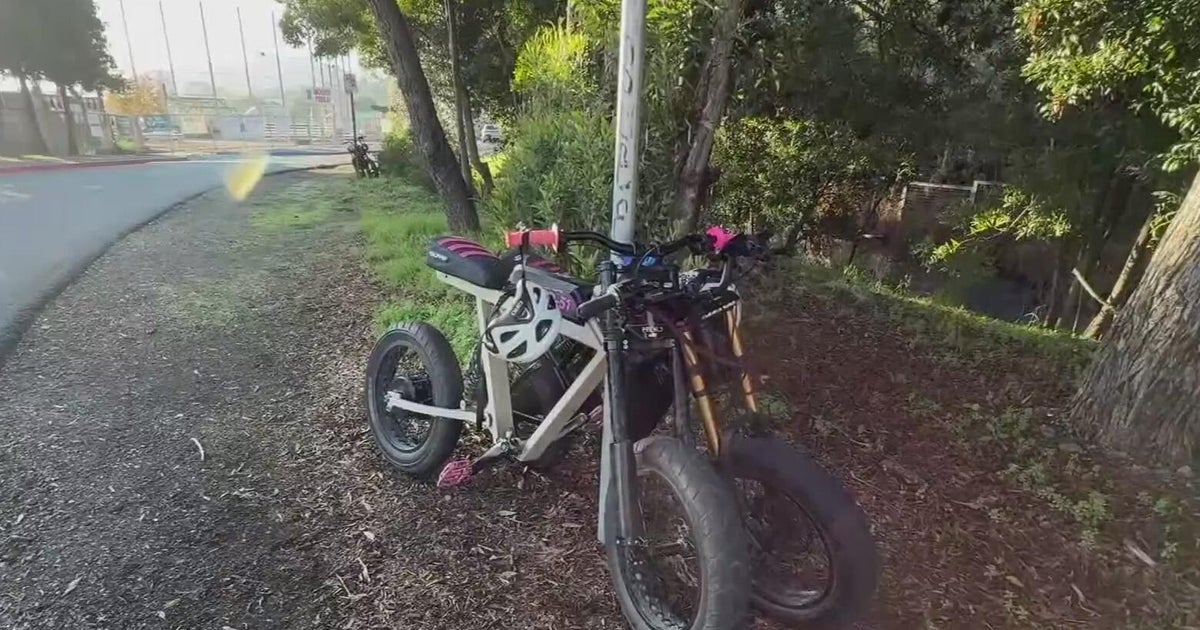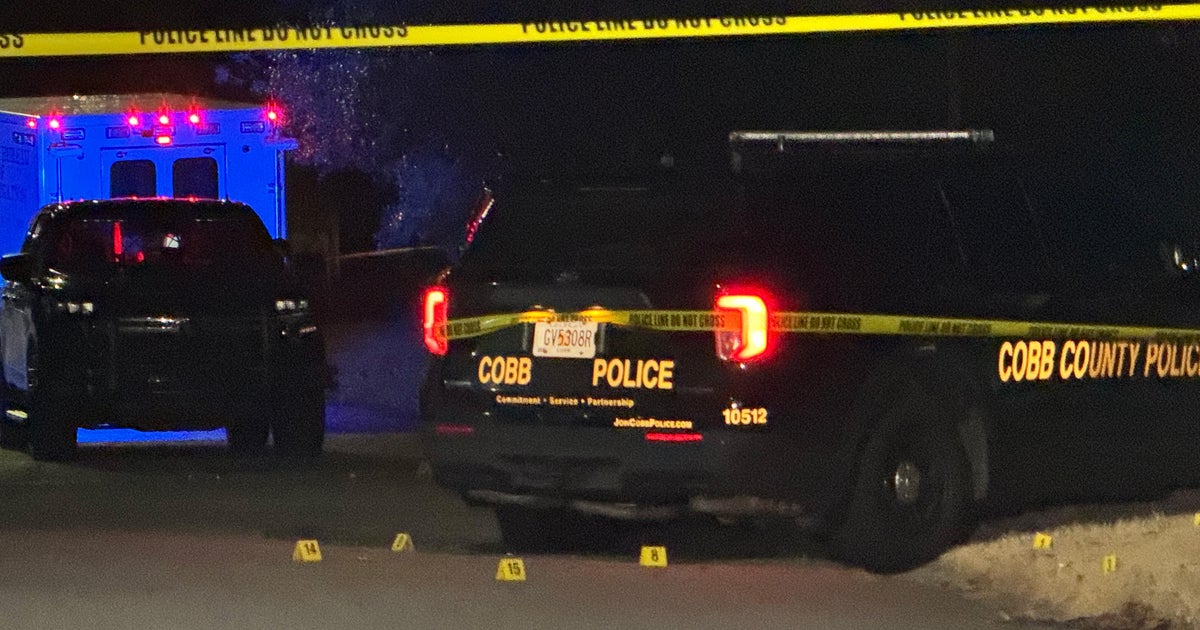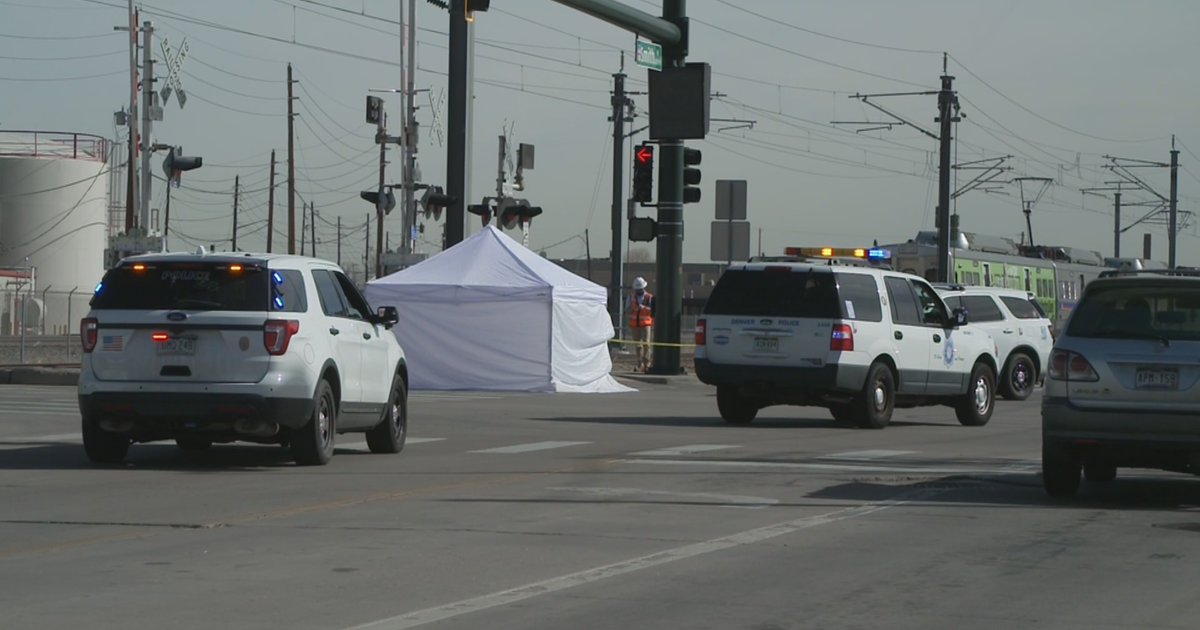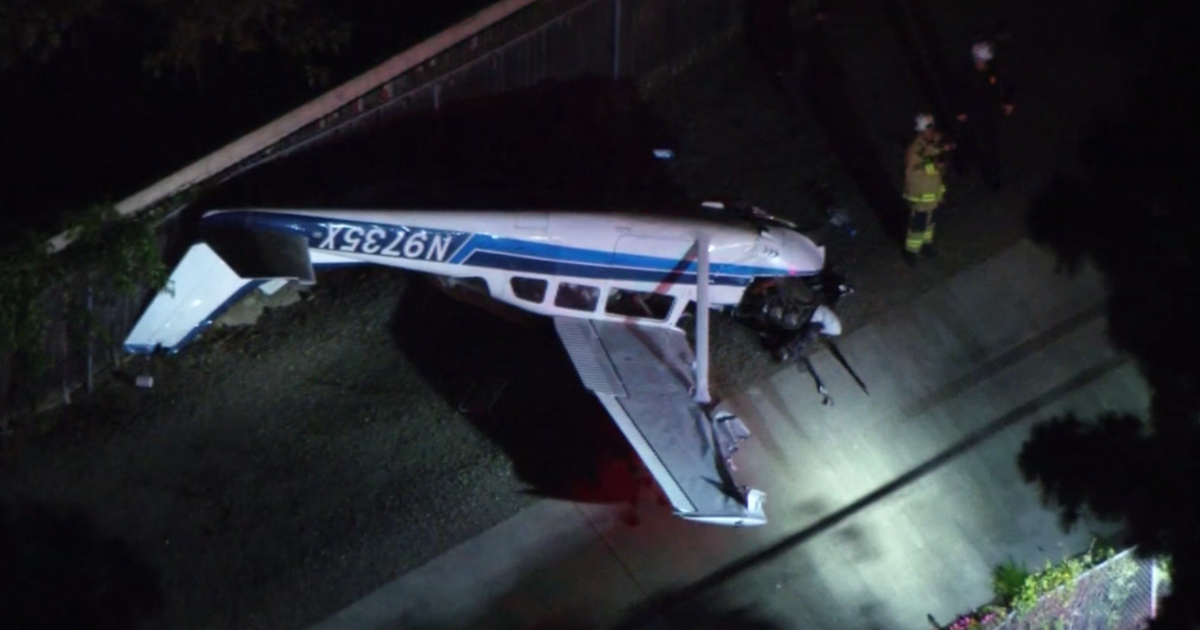Railroads resist joining safety hotline because they want to be able to discipline workers
The major freight railroads say a disagreement over whether they will be allowed to discipline some workers who use a government hotline to report safety concerns has kept them from following through on the promise they made back in March to join the program after a fiery Ohio derailment prompted calls for reforms.
Unions and workplace safety experts say the idea of disciplining workers who report safety concerns undermines the purpose of creating such a hotline because workers won't use it if they fear retribution. Programs like this one overseen by the Federal Railroad Administration are especially important in an industry like railroads where there is a long history of workers being fired for reporting safety violations or injuries, experts say.
"Their opposition to this hotline — which only increases protection for public and workers — is just part of a decades-old effort to suppress reporting of injury and hazards so that they can appear to the public and regulators as safer than they are," said Debbie Berkowitz, who used to be a top-ranking official at the Occupational Safety and Health Administration during the Obama administration. "I mean, that's what this is all about."
But the head of the Association of American Railroads trade group, Ian Jefferies, said Thursday in a letter to Transportation Secretary Pete Buttigieg that the railroads' concern is that the system could be abused by workers who try to avoid discipline by reporting situations a railroad already knows about to the hotline.
The rules of the hotline would provide immunity for workers who report any unsafe conditions the railroad doesn't know about. But the railroads want the right to be able to discipline workers in other situations.
"The crux of the current dispute centers on a significant nuance: situations where the employer is aware of a safety rule violation without any employee report – referred to as a 'known event' – but the employee reports the event anyway and therefore avoids discipline," Jefferies said.
For years, all the major freight railroads have resisted joining the safety hotline because of this concern and because they believe their own internal reporting systems are sufficient. But railroad unions have consistently said workers are reluctant to use the railroads' own safety hotlines because they fear retribution.
Amtrak and several dozen small railroads do use the government reporting program, but none of the big freight railroads have signed on to it.
The railroad trade group said that a similar safety hotline used in the aviation industry allows workers to be disciplined if they report the same safety violation more than once in a five-year period. The railroads want a similar rule for their industry because Jefferies said "most if not all 'close call' events result from employees not adhering to established safety rules put in place by their employer, creating dangerous situations the consequences of which were narrowly avoided."
Rail unions bristle at that notion that workers are the problem. Vince Verna with the Brotherhood of Locomotive Engineers and Trainmen union said it's clear that firing more workers won't solve all the safety problems in the industry. And railroad safety has been a key concern nationwide ever since a Norfolk Southern train derailed in East Palestine, Ohio, on Feb. 3.
"This is really old-school, tired rhetoric that blames the worker for the failures that are inherent in all complicated systems. Blaming the worker is exactly what leads workers to not report unsafe conditions in the workplace," said Verna, who serves on the committee of labor groups, railroads and safety regulators who have been trying to find a way to make this program work ever since Jefferies announced the railroads would sign on to it. That group is set to meet again next week.
Berkowitz, the former OSHA official who is now a professor at Georgetown University, said that argument is a classic tactic.
"Dangerous companies always try to blame all unsafe conditions on workers -- that it's the unsafe workers — when the statistics are really clear that it's unsafe conditions that cause almost all injuries," she said.
Federal Railroad Administration spokesman Warren Flateau said the railroads clearly need to do more to fulfill their promise to join the safety reporting program that would give workers several ways to report concerns, including an online option and an old-fashioned printed form that can be filled out anonymously.
Federal Railroad Administration chief Amit Bose told all the railroads' CEOs in a letter earlier this week that he believes participating in the program "will play a critical role in reducing risk across the railroad operating environment generally."
Just last week, the Transportation Trades Department coalition that includes all the rail unions sent letters to the CEOs of Union Pacific, BNSF, Norfolk Southern, CPKC, Canadian National and CSX railroads urging them to follow through on their commitments to join the government hotline to help prevent another derailment like the one that generated a toxic black plume of smoke in East Palestine, Ohio, and forced thousands to evacuate their homes.
"Current federal data shows that approximately every three hours, there is a reportable injury. Approximately every eight hours, there is a derailment that reaches the FRA's reporting threshold of $11,500 in damage," said Greg Regan, president of the Transportation Trades Department coalition. "In other words, three times every day there could be another East Palestine. But we believe this program could help mitigate such future disasters."

